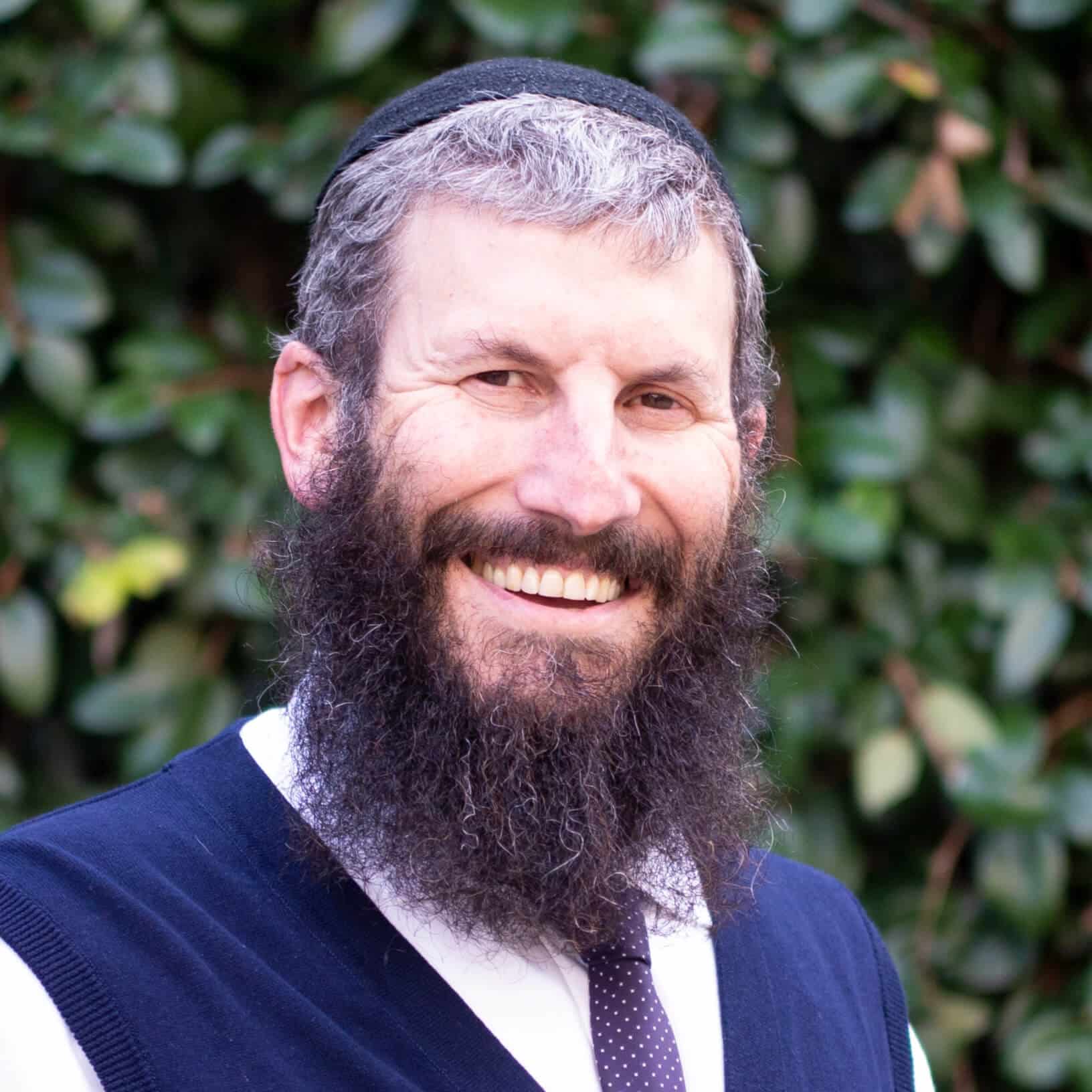“You shall not stand by [the shedding of] your fellow's blood. I am Hashem.”
Lev. 19:16 I was driving on cold morning down the highway in New Jersey and a car ahead of me suddenly veered left, went off the road, and then careened back across the highway. The car crossed some grass and slammed into brush on the side of the highway. Instinctively, I pulled off the highway, crossed the shoulder, and parked on the grass. I ran towards the car and started to help the young driver from the wreck.
Within a minute, an entire commuter bus of orthodox Jews stopped, and out ran a man with with a large medic bag, followed by others. He was a trained paramedic from Hatzolah, and began administering first aid while I was on the phone with the Highway Patrol. The medic said the woman was not badly injured, but that we needed to stay with her until the ambulance arrived. A woman in a shaitel got off the bus and came over, putting her coat around the young woman from the accident.
The driver, a bus full of commuters, the paramedic and I waited until she was being attended to an ambulance crew.
In this week's Torah portion of Kedoshim which instructs us to live holy lives, we learn that we cannot be bystanders when someone’s life is in danger. “Don’t stand by the shedding of your fellow’s blood,” say the sages, “means do not stand by watching your fellows death when you are able to save him. For example, if he is drowning in the river or a if a wild beast or robbers come upon him.” (Rashi, Torat Kohanim 19:41, Talmud Sanhedrin 73a)
Just as the Torah instructs us in other areas of life about the Sabbath, Passover and the Ten Commandments, the Torah teaches that we have a sacred obligation and responsibility for the safety and wellbeing of others.
One of most powerful aspects of life today in this age of interconnectivity is that “others” really means everyone in the world.
While our first obligation are those immediately around us, our responsibility is truly worldly. When the tragic earthquake struck Nepal last Shabbat, it immediately provided an opportunity for the entire world to fulfill the mitzvah of “not standing by.”
International charities, like Mercy Corps, that do important work in Nepal to help alleviate poverty, suddenly became front-line responders and rescuers.
Chabad Nepal's Rabbi Chezky and Chani Lifshitz converted their center into an emergency shelter, first aid clinic, missing persons agency, and food distribution hub.
Israel immediately activated 260 doctors and rescuers to fly to nepal and set up a field hospital and do search and rescue operations. Other countries also sent aid and rescuers. The US sent over sixty emergency workers and millions of dollars in aid.
While we cannot all physically go and rescue people around the planet, with a few clicks we are all able to provide immediate funds to help those in need.
You have heard this many times before – but its still true – one who saves one life is as if they saved an entire world. The tzedakah that you provide can help sustain people in dire need – from Nepal to Los Angeles.
A true legacy is not the wealth that we leave when we die, but the mitzvot that we did while we were living.
Shabbat Shalom
If you enjoyed this dvar torah – please share with your community.
Donate:
Did you enjoy this article?
You'll love our roundtable.
Editor's Picks



What Ever Happened to the LA Times?

Who Are the Jews On Joe Biden’s Cabinet?


No Labels: The Group Fighting for the Political Center
Latest Articles

Beth Lee: OMG Yummy, Exciting Flavors and Preserved Lemons

Passover Breakfast

Dr. Nicole Saphier on Motherhood and Jewish Advocacy













 More news and opinions than at a Shabbat dinner, right in your inbox.
More news and opinions than at a Shabbat dinner, right in your inbox.